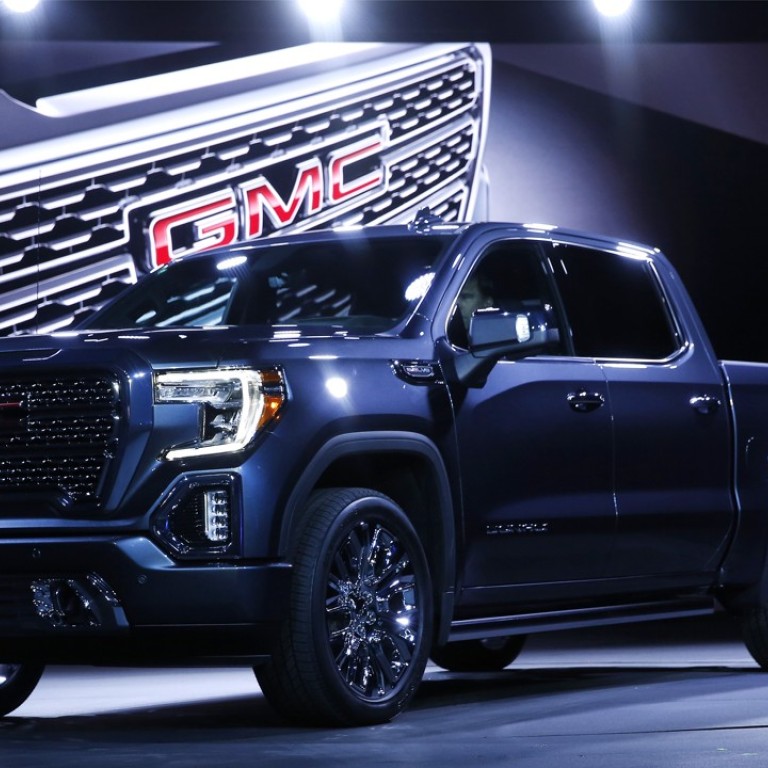
Explainer: what Trump’s tariff proposals mean for America
President Donald Trump has proposed “long-time” tariffs of 25 per cent on imported steel and 10 per cent on aluminium that he says will put the country first.
But a broad swathe of corporate America strongly disagrees, saying the levies will boost prices on everything from cars to beer and force companies to cut jobs.
While the policy would hit the auto and aerospace industries hardest, it would also have ramifications for a wide range of businesses – and products that Americans purchase daily.
EU preps duties against US as IMF pushes back at Trump’s trade war
Beer, soft drinks, confectionery, canned soup and even pharmaceuticals rely on aluminium for packaging. Electronics, such as Apple’s iPhone, also use the metals.
Here’s what the tariffs would actually mean for people living in America, according to equities analysts.
Autos and aerospace
The auto and aerospace industries would probably be hurt the most by the tariffs because they use so much metal.
Toyota said the administration’s proposal will increase the price of cars and trucks sold in America. General Motors and parts supplier Robert Bosch also raised their hackles, and dealers have balked at the idea.
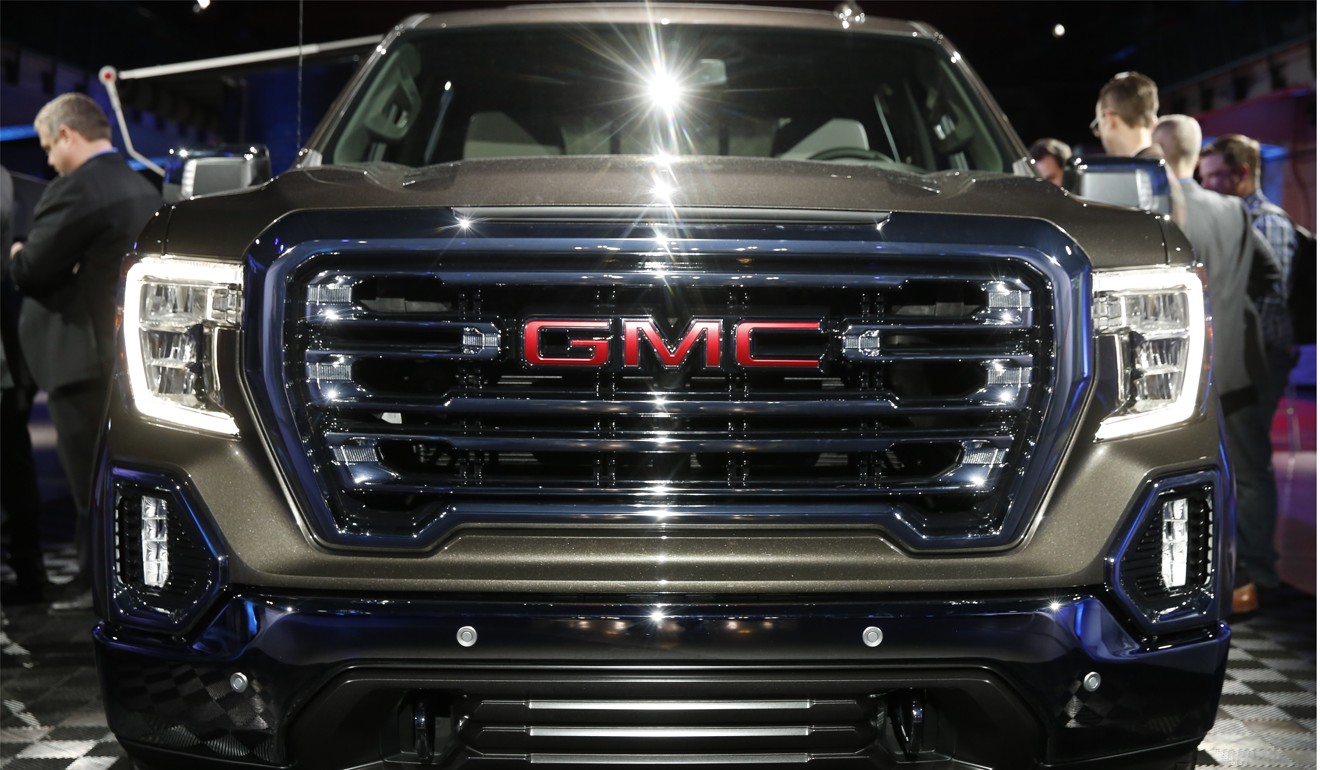
“These proposed tariffs on steel and aluminium imports couldn’t come at a worse time,” said Cody Lusk, president of the American International Automobile Dealers Association.
“Auto sales have flattened in recent months, and manufacturers are not prepared to absorb a sharp increase in the cost to build cars and trucks in America.”
US Commerce Secretary Wilbur Ross tried to wave off fears of automobile price increases on CNBC on Friday.
“The price of a ton of steel is US$700 or so, so 25 per cent on that would be one half of 1 per cent price increase on the typical US$35,000 car. So it’s no big deal,” Ross said.
Using Ross’s maths, the increase would be US$175.
Canned goods
Sellers of consumer packaged goods may not use the same quantity of metals, but the levies would still have a big impact, according to industry leaders.
Campbell Soup Company warned that the taxes would raise price tags on items shoppers depend on.
Trade war signalled by Trump has to be stopped at all costs
“Any new broad based tariffs on imported tin-plate steel – an insufficient amount of which is produced in the US – will result in higher prices on one of the safest and more affordable parts of the food supply,” spokeswoman Nicky Thomson said in an email.
Ross attempted to tamp down that idea on Friday. During an appearance on CNBC, he held up cans of soup and soda, saying that the increases would only amount to fractions of a penny.
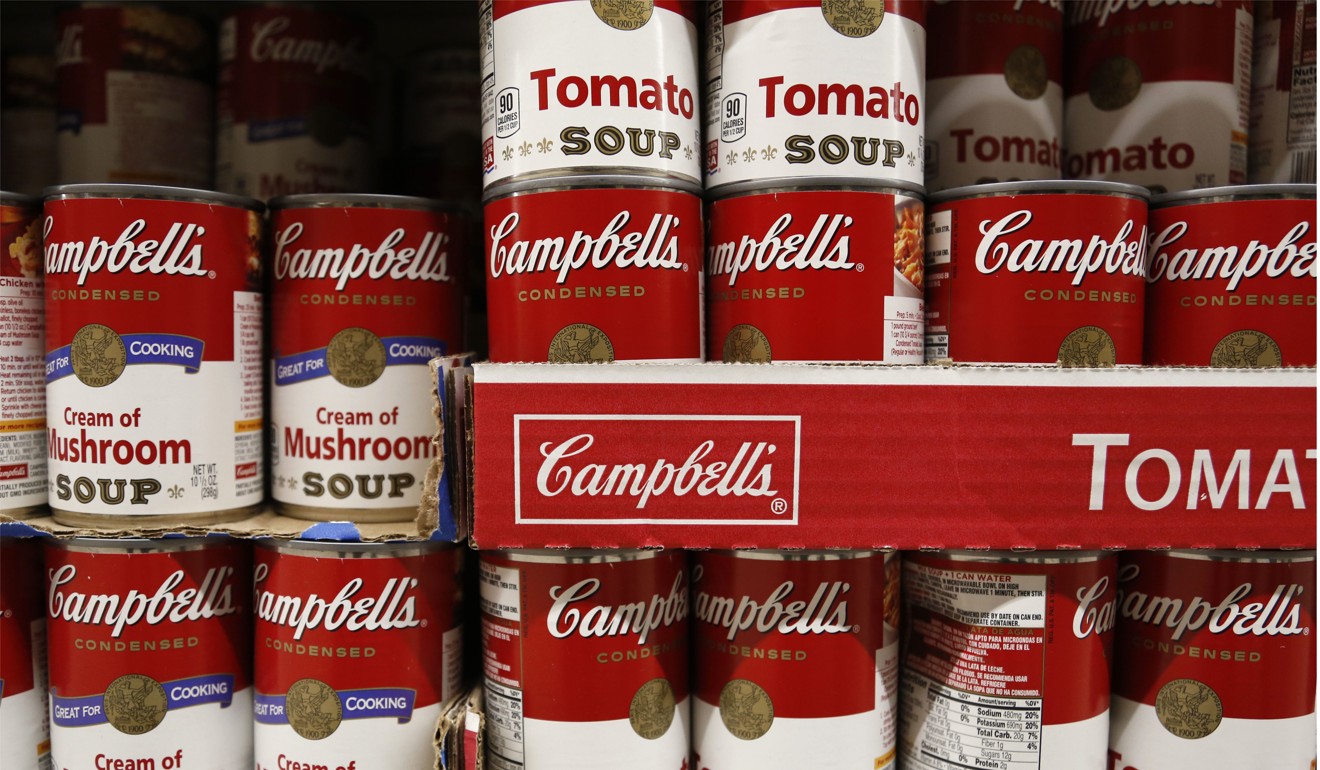
Even so, beer companies – another key user of aluminium – urged the Trump Administration to quash the proposal. There simply isn’t enough domestic supply to provide for the needs of US companies, MillerCoors said.
Demand for tin-plate steel was 2.1 million tons in 2016, while domestic supply was only 1.2 million tons, according to the Can Manufacturers Institute.
In opposing the tariff idea, AB InBev Chief Financial Officer Felipe Dutra warned that the US beer industry’s 2 million jobs could be hit by a sudden shortfall.
‘Trade wars are good and easy to win’: Trump defends tariff measures
The widespread impact of Trump’s tariffs has created enemies of the policy even within the Republican Party.
Representative Charlie Dent of Pennsylvania voiced particular concern for Hershey, which uses aluminium for packaging confectionery such as its Kisses chocolates.
“We are watching this matter closely,” Hershey spokesman Jeff Beckman said in an email. “Such a broad and sweeping order could have a negative impact on the entire US economy.”
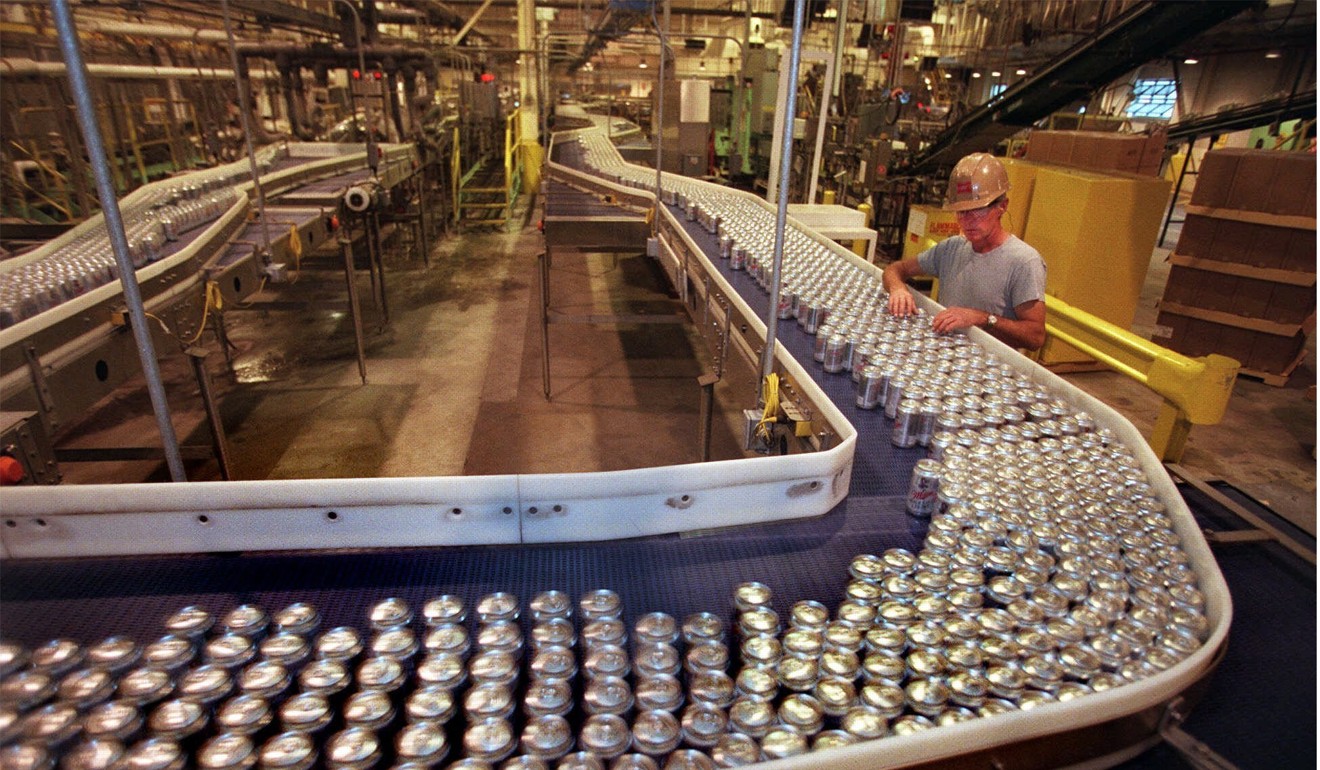
Technology
Depending on how a tariff is imposed, it could also hit iPhones, laptops and other tech products.
Many of Apple’s gadgets are made in China, including phones with aluminium or steel edges.
If the levies only apply to raw materials, the effect on Apple would be minute, since the company produces only a small portion of its Macs in the US, according to Loup Ventures analyst Gene Munster.
If the tariff includes finished goods, Apple’s Mac and iPhone costs could go up by as much as 0.2 per cent, Munster said. Apple declined to comment.
Manufacturing and agriculture
Other industries are worried about retaliation. Production of wheat and other crops could be hurt if trade partners choose to punish US exporters.
Trump’s trade tariffs put Xi’s economic envoy in the shade
“We’ve repeatedly warned that the risks of retaliation and the precedent set by this kind of protectionism may have serious potential consequences, not just for wheat, but for American agriculture,” said Steve Mercer, a spokesman at trade group US Wheat Associates in Arlington, Virginia.
The solar-power market also may feel the pinch. For developers of solar-panel farms, steel is used for poles and racking.
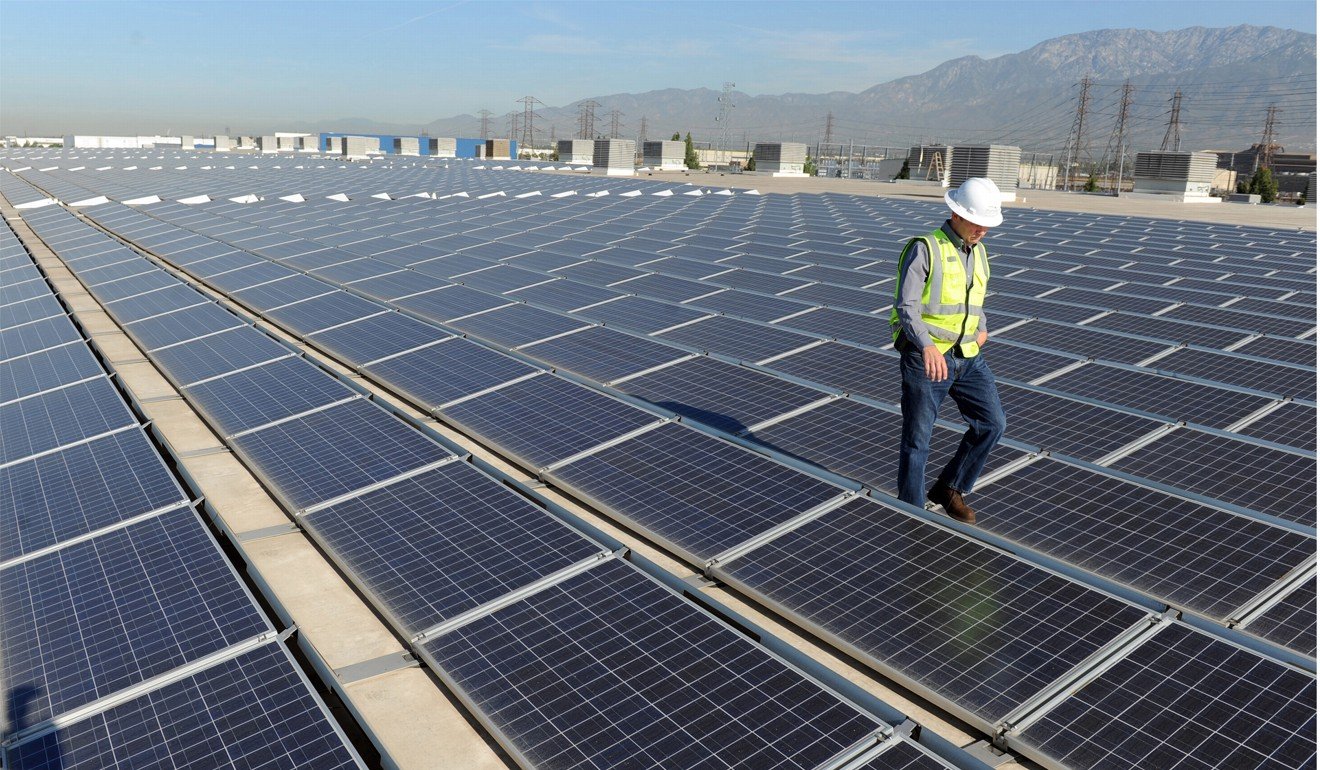
A 25 per cent tariff could add as much as two cents per watt to construction costs, according to Dan Whitten, a spokesman for the Solar Energy Industries Association. That’s on top of tariffs Trump slapped on imported panels in January.
Electrolux, a Swedish appliance maker, had been planning to invest US$250 million to upgrade a factory in Springfield, Tennessee. But that’s on hold until the company knows more about the tariffs, according to spokesman Daniel Frykholm.
Top US senator takes swipe at China but urges caution on tariffs
“We need more information and to analyse further what the effects of this decision will be before we can decide whether to move ahead with the investment,” he said.
Oil pipelines
While coal may see a boost from increased domestic steel production, other parts of the energy industry would suffer.
The Association of Oil Pipe Lines estimates that the steel levy would add US$76 million to the cost of building a typical pipeline.
“The US oil and natural gas industry, in particular, relies on speciality steel for many of its projects that most US steelmakers don’t supply,” said Jack Gerard, head of the American Petroleum Institute.
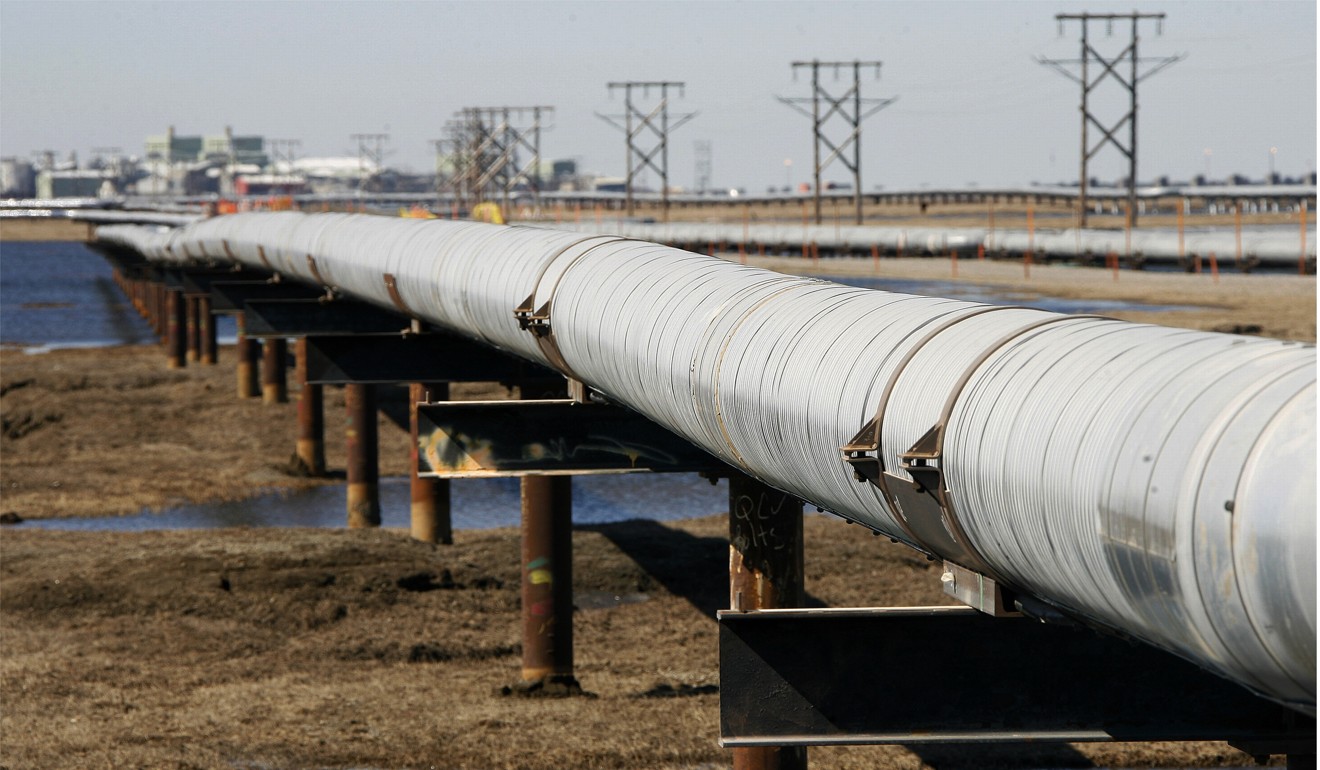
Steel industry
Of course, not everyone hates the tariff. US steel and aluminium manufacturers see it as a way to reinvigorate domestic production.
John Ferriola, chief executive officer of Nucor, says the steelmaker expects to step up its investments in light of the tariffs.
The changes should help the industry get back up to using 85 per cent of capacity, he said in a Bloomberg Television interview this week.
Last week, Century Aluminum CEO Mike Bless said that a mix of tariffs and quotas would allow the company to bring back 350 jobs and 150,000 metric tons of annual production.
US markets fall hard as Trump hits China with steel, aluminium tariffs
And demand for metallurgical coal – used in steelmaking – may see a double-digit percentage increase if Trump’s tariffs succeed in boosting US steel output to at least 80 per cent of capacity, said Clarksons Platou Securities analyst Jeremy Sussman.
Still, not all metals companies are on board with Trump’s approach. Alcoa said last week that the best way to address the issue is via the World Trade Organisation.
“We believe vital trading partners, including Canada, should be exempt from any tariff on aluminium,” Alcoa said.
“The aluminium industry has an integrated supply chain and actions should not penalise those that abide by the rules.”

